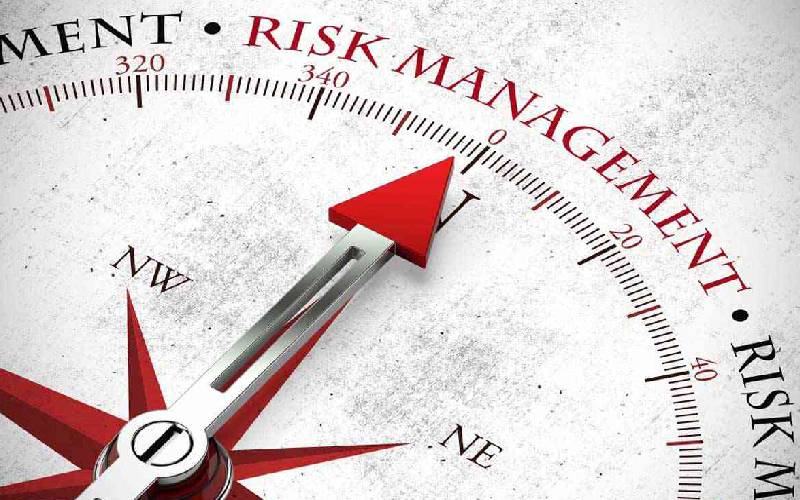×
The Standard e-Paper
Fearless, Trusted News

All the big enterprises that you see started from scratch and had to persevere many challenges. It is likely that some of the outfits established at the same time did not last long.